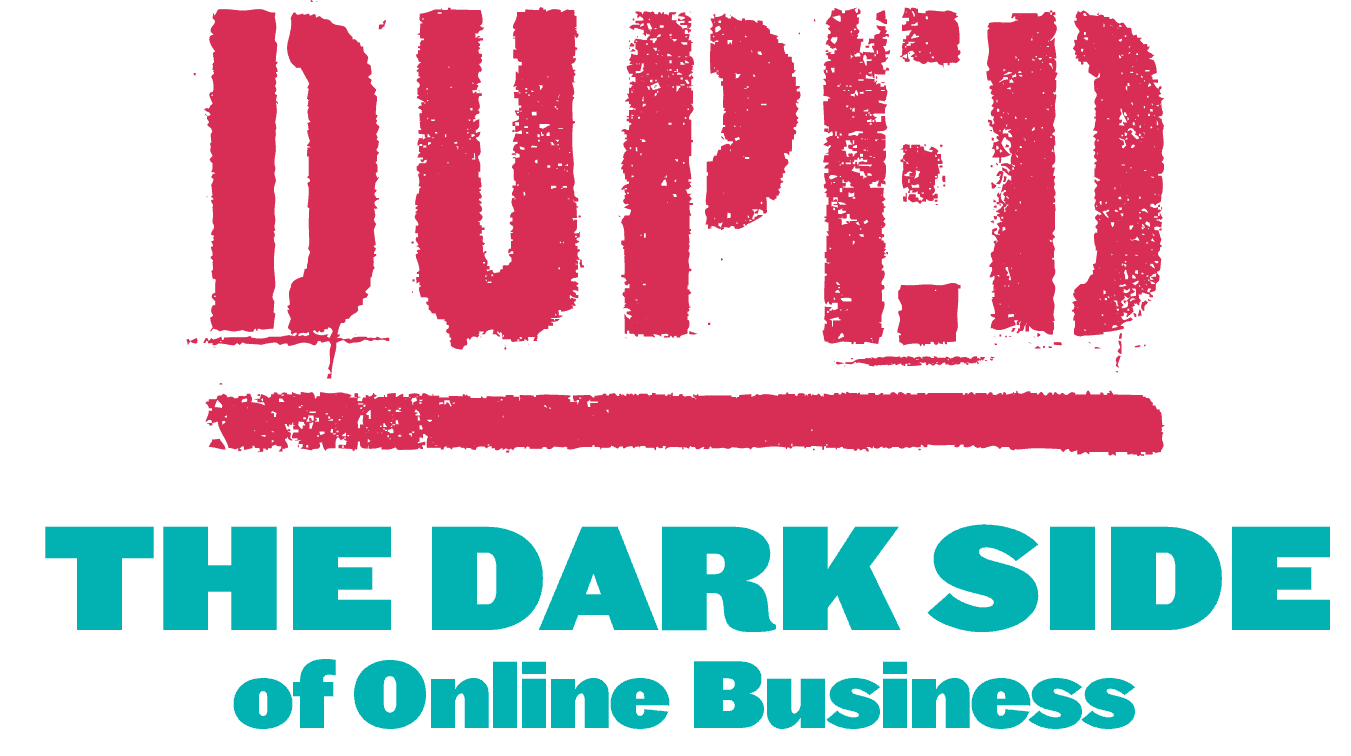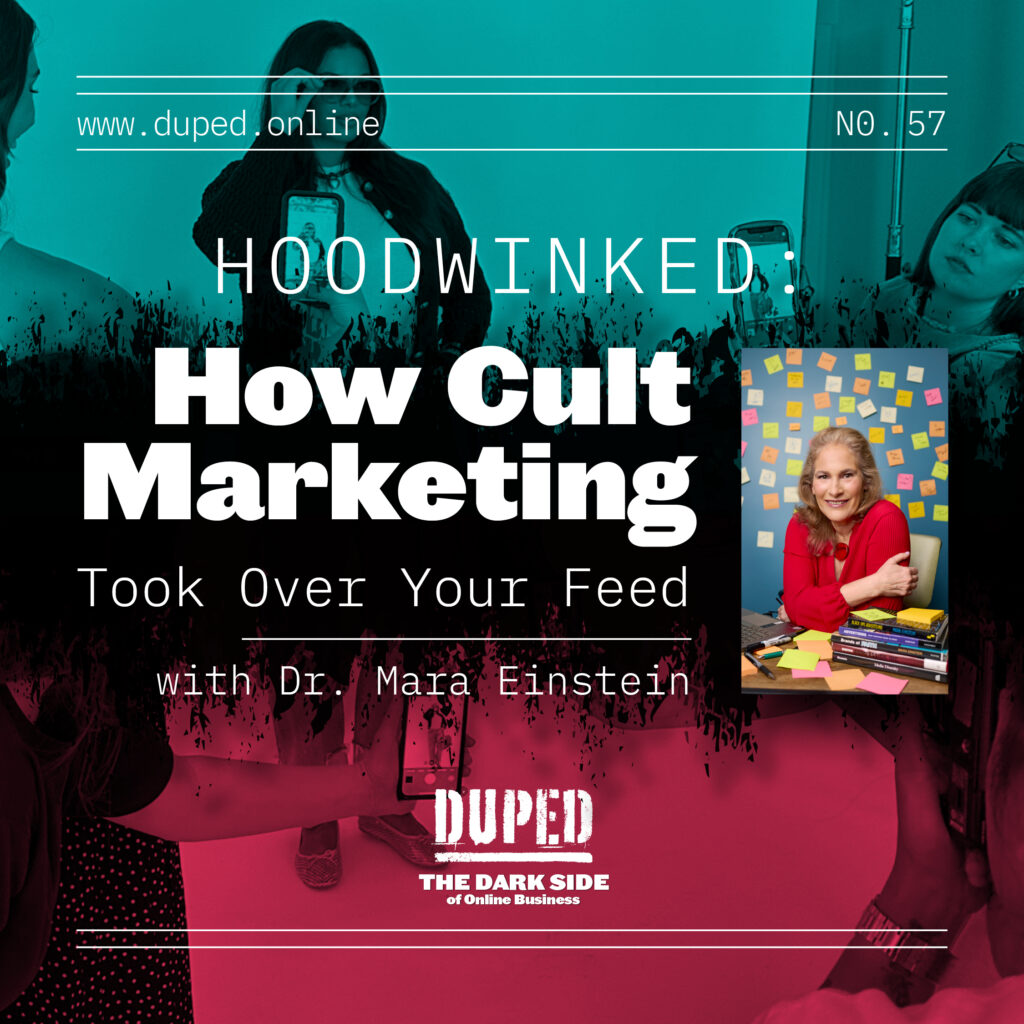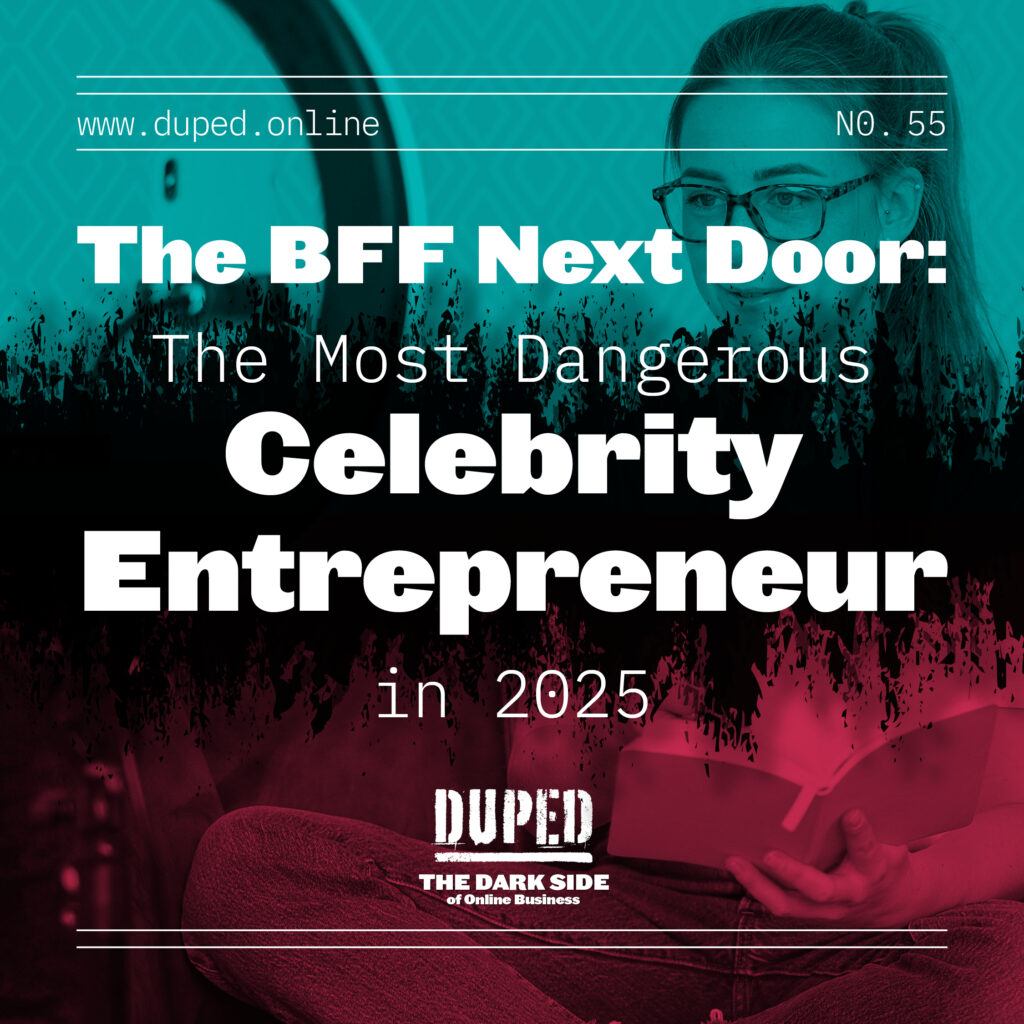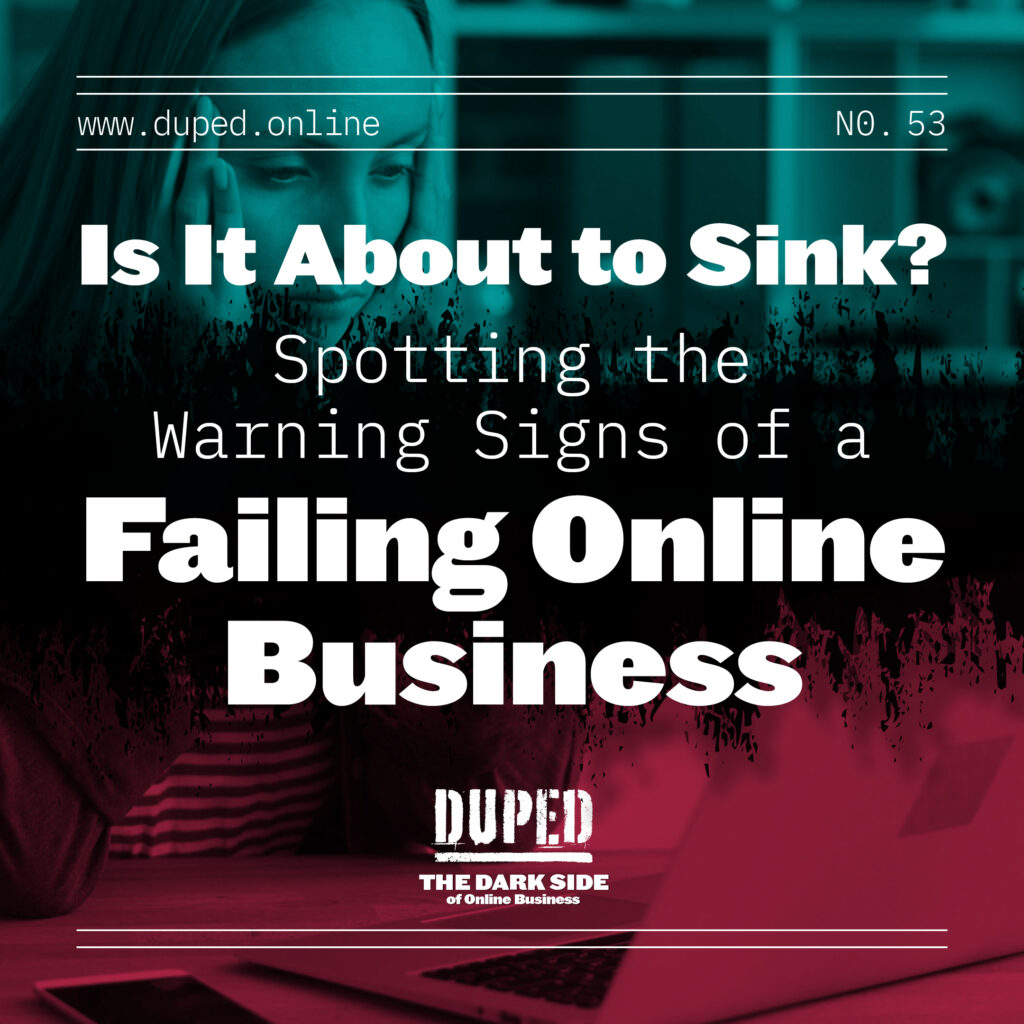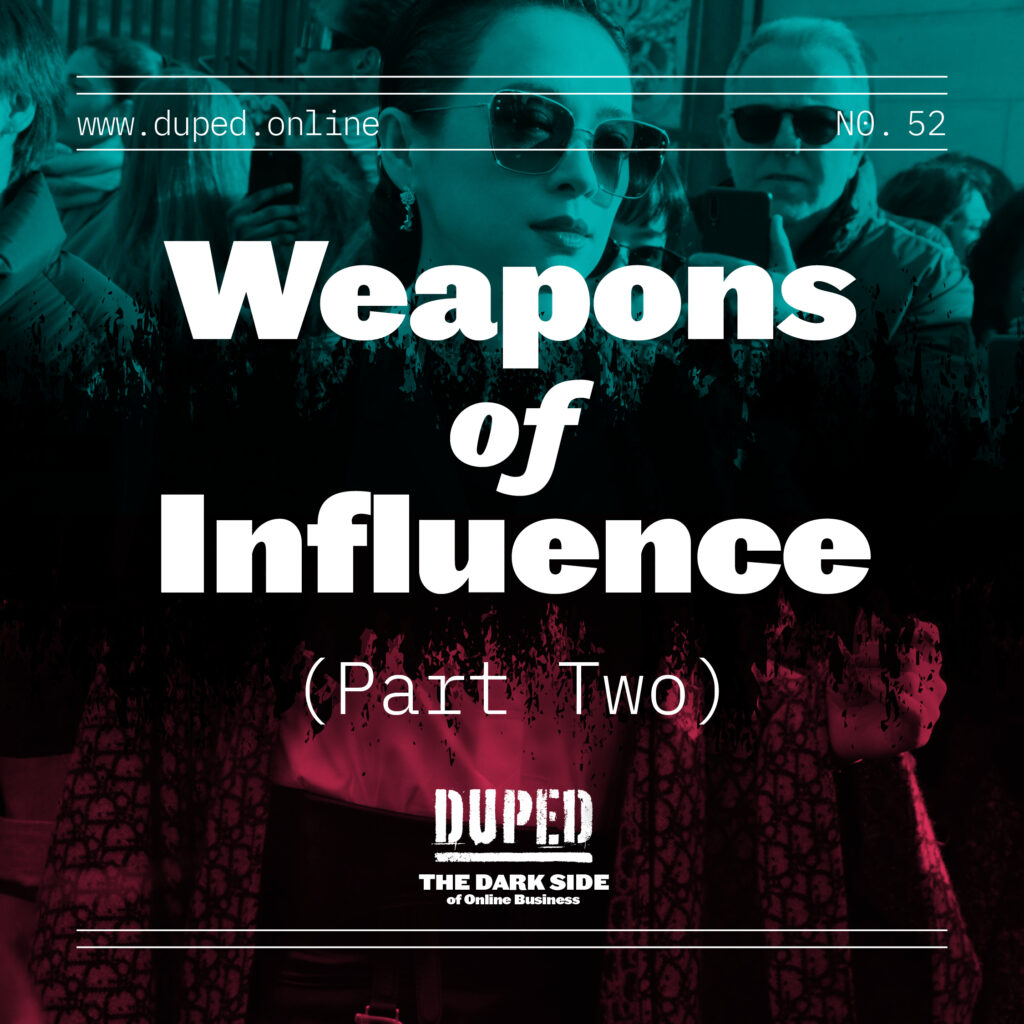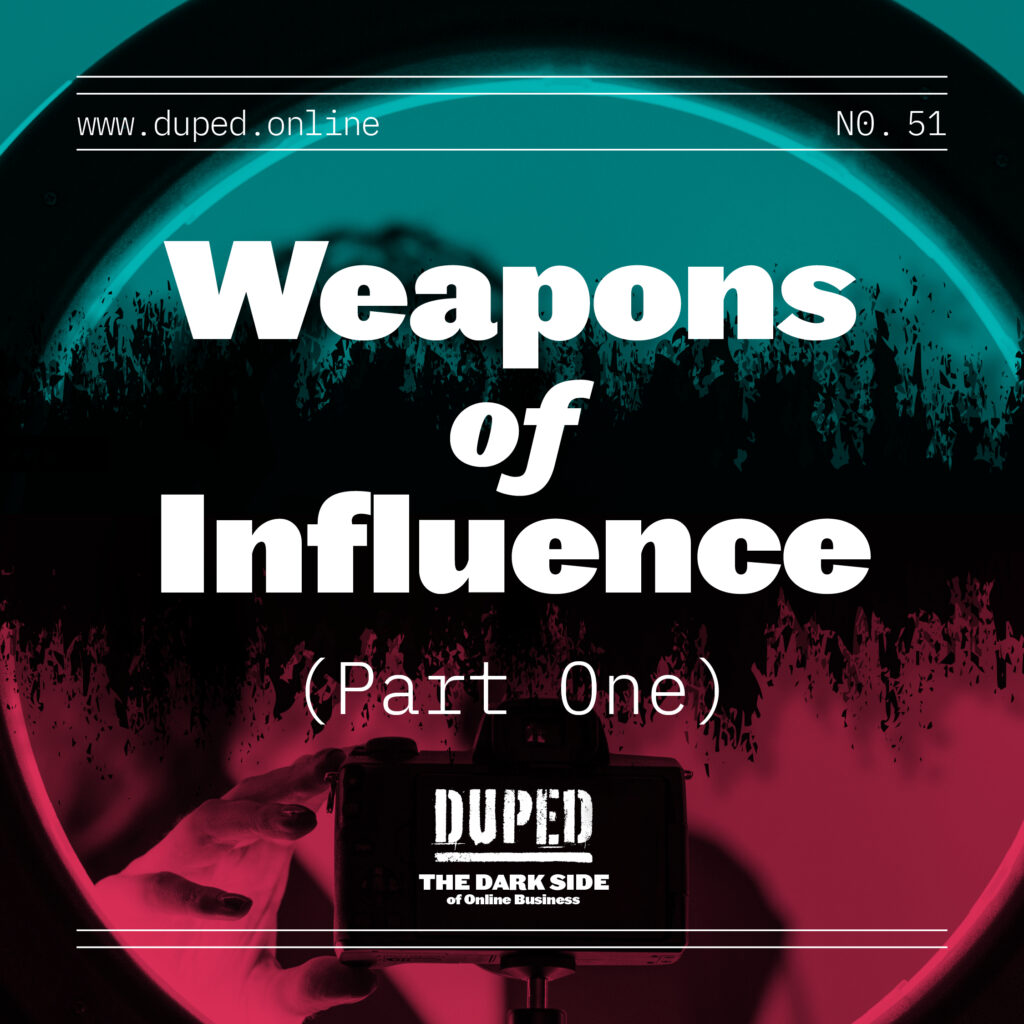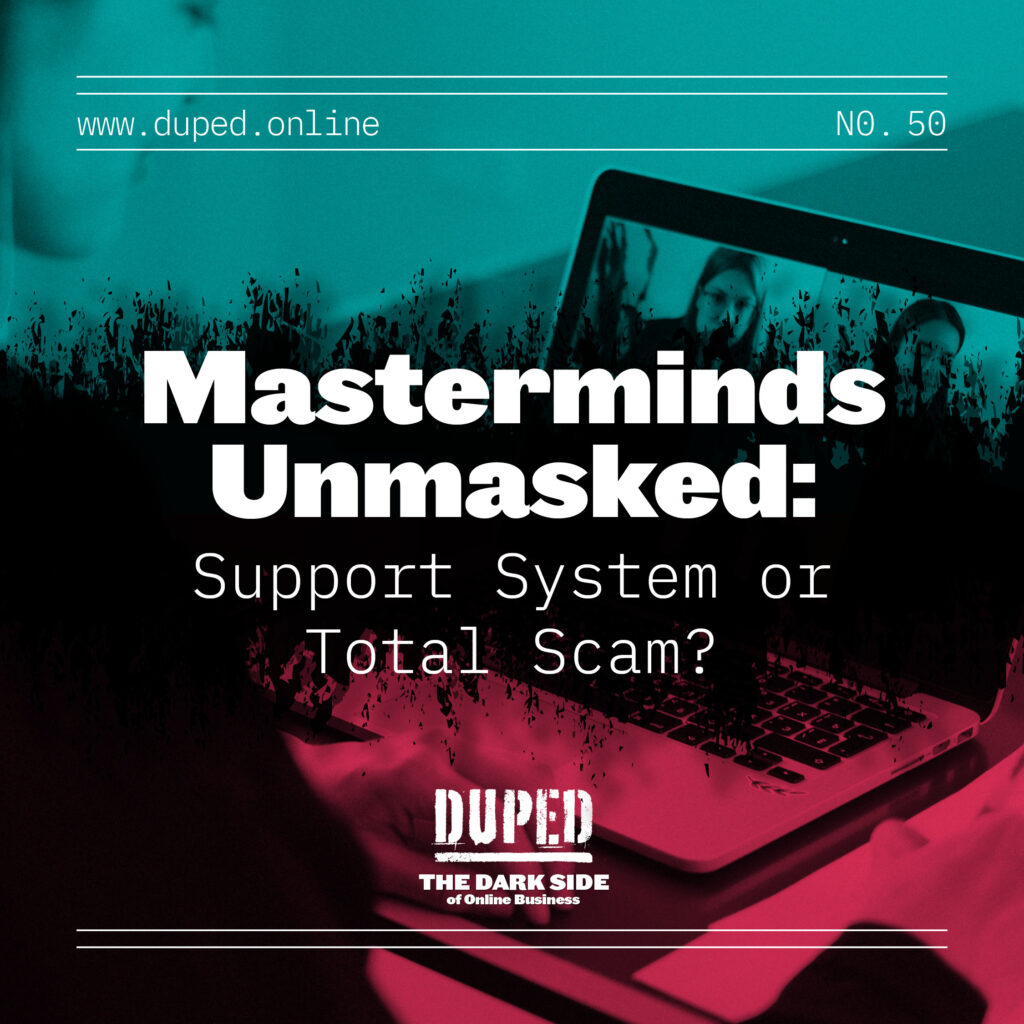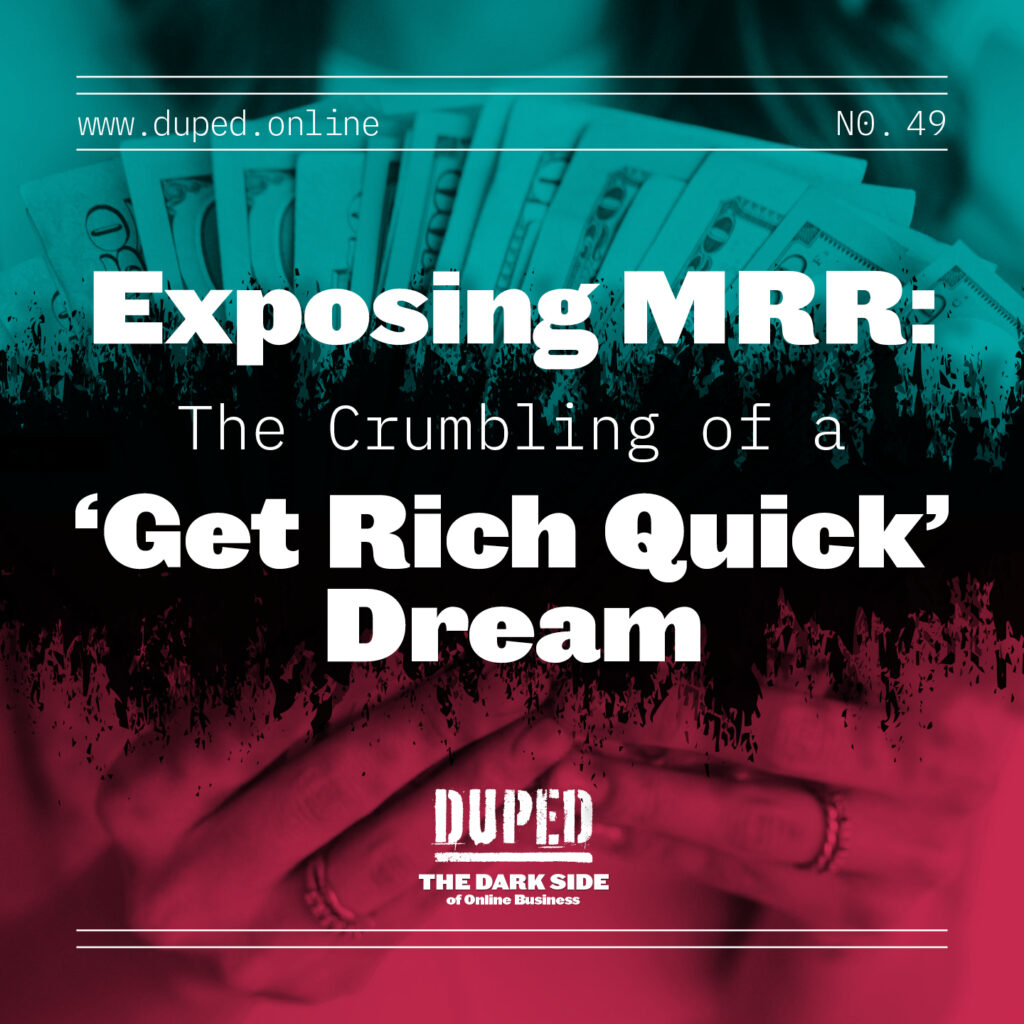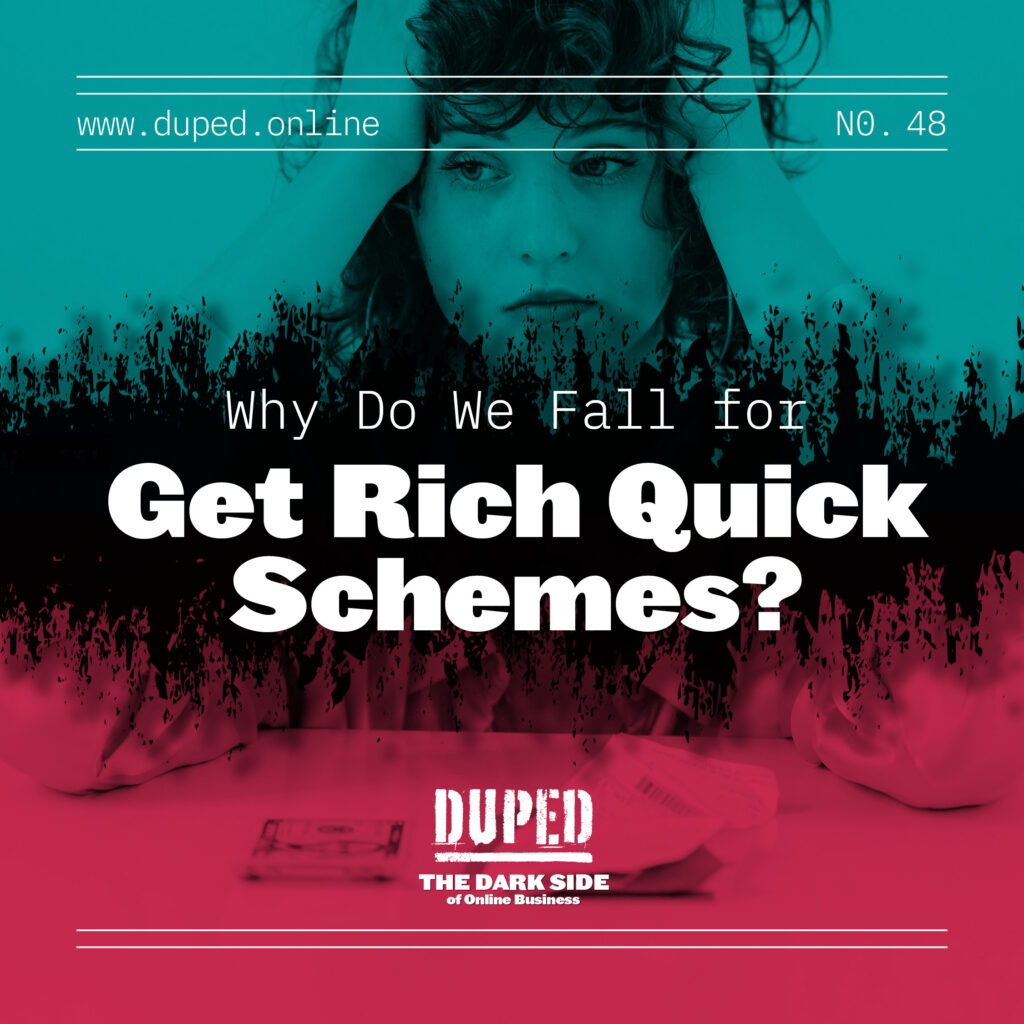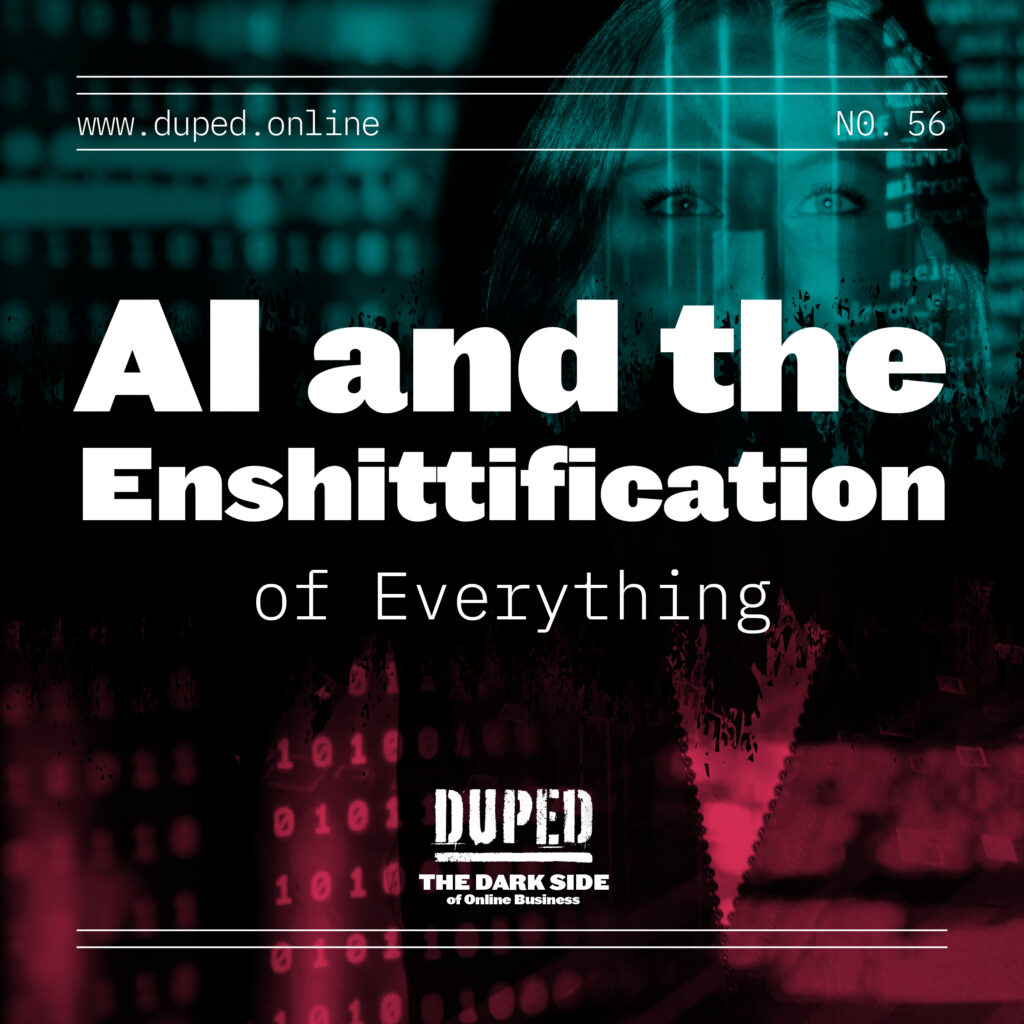
AI and the Enshittification of Everything
Remember when the internet used to be fun? Now? It’s kind of a trash fire.
Search results are worse. Products are worse. The content is worse. And AI? It’s not saving us—it’s speeding up the decline.
Today we’re talking about enshittification—what it is, how it shows up in your feed, and how AI is making it worse.

In this episode, we’re diving into something you’ve probably felt in your gut but maybe didn’t have a name for: enshittification.
It’s a term coined by author and journalist Cory Doctorow, and it perfectly captures the slow, steady decline of platforms, products, and spaces that used to be good—but now? They’re optimized for profits over people.
We will look at how AI is throwing this whole process into overdrive. Because what we’re seeing right now in online business, marketing, and even tech more broadly isn’t innovation. It’s enshittification.
What Is Enshittification?
Doctorow explains enshittification like this:
“First, platforms are good to their users. Then they abuse their users to make things better for their business customers. Finally, they abuse those business customers to claw back all the value for themselves.”
This is platform capitalism in action. A cycle. Not an accident. And fun fact, enshittification was Macquarie Dictionary’s word of the year in 2024.
Just look at:
- Facebook: From connecting with friends to being your grandma’s fave place to spread conspiracy theories.
- Etsy: From handmade to “AliExpress, but make it boho.”
- Amazon: A marketplace buried in knockoffs, spammy sellers, and AI-written reviews.
It’s happening everywhere. And AI? It’s the accelerant. It’s pouring gasoline on the fire.
How AI is Fueling Enshittification
AI isn’t the origin of the problem, but it’s helping it scale faster than ever. Let’s break it down.
Faux Expertise
AI lets anyone sound like a subject matter expert, even when they’ve never done the thing they’re talking about. It’s the perfect tool for building a personal brand on vibes alone. No credentials? No problem. Ask ChatGPT to write a thought leadership post in your “voice.”
The result? It’s harder than ever to tell who actually knows their stuff and who’s just playing an expert on the internet.
Rapid Creation of Garbage Products
With AI, you can whip up a “done-for-you offer suite,” an ebook, or a complete course outline in an afternoon. But most of it is derivative at best and often just digital clutter.
The rise of AI marketplaces and “content kits” proves that more isn’t better. Especially when it’s shallow, generic, and created to make a quick buck.
Speed Over Creativity
The pressure to be first—or just be everywhere—means we’re optimizing for quantity over quality. People aren’t thinking; they’re prompting.
Instead of slowing down to create something meaningful, “just publish something daily and keep the algorithm happy.”
Plagiarism in a Pretty Package
Let’s be honest: AI isn’t created from scratch. It’s remixing what’s already out there. That’s where things get sticky.
It’s not just unoriginal; it’s often unethical. Someone else can scrape and spit out your frameworks, language, or personality without attribution. It’s creative theft on autopilot.
Is AI the Villain?
Let’s be clear here. AI isn’t inherently bad. It’s a tool. As always, this is a nuanced discussion, but we want to focus on how it can be used responsibly:
- Summarize complex research
- Solve a math equation or formula
- Brainstorm when you’re stuck
- Automate repetitive, soul-sucking admin
- Identifying holes in your content or thinking
There’s a massive gap between using AI to support your work and using it to replace actual expertise, creativity, and ethics.
When AI is used to enhance originality? That’s great. When it’s used to build fake personas, mass-produce regurgitated content, or scale scams? That’s the problem.
The worst offenders aren’t just individuals—they’re the platforms and “AIpreneurs” pushing this as the next gold rush. They want you to believe that faster is always better. That more = success. That scale is the only measure of value.
And that’s precisely how we land in enshittification territory.
We’re not anti-AI. We’re pro-using tools thoughtfully and with integrity.
Why This Hurts Everyone
Now that we’ve covered how AI fuels enshittification, let’s talk about the actual impact because this isn’t just theoretical.
For Consumers:
- Overwhelm: Endless choices, no clear signal. Everything looks good—until you buy it and realize it’s all fluff or, worse yet, hot garbage.
- Burnout: Finding a real expert or useful product feels like a full-time job.
- Distrust: One scammy experience makes people cynical and less likely to trust anyone again. That makes things more complicated for everyone.
For Business Owners:
- Creative Exhaustion: Competing with bots and churn culture is draining.
- Stolen Ideas: Your original thought leadership? Someone else is reselling it—AI-enhanced and attribution-free.
- Race to the Bottom: Pricing pressure, niche saturation, and visibility battles. It’s not sustainable—and it’s not healthy.
Wrap-Up
AI isn’t ruining the internet. People using AI like it’s a cash grab machine are ruining the internet. Here’s what to watch for:
- Ask who benefits. If someone’s profiting off your confusion, that’s a red flag.
- Dig deeper. Don’t trust perfect polish. Look for lived experience, nuance, and receipts.
- Support real creators. Share their work. Buy their stuff. Write reviews. Say thank you.
- Use AI responsibly. Don’t be part of the problem. Be part of the pushback.
Unless we choose differently, the only thing we’ll be left with is a digital wasteland full of bots talking to bots and selling products no one needs based on knowledge no one earned.
Links for this episode:
Join the

Patreon

for only $7/month and get a
monthly bonus episode,
behind-the-scenes content
and more.
